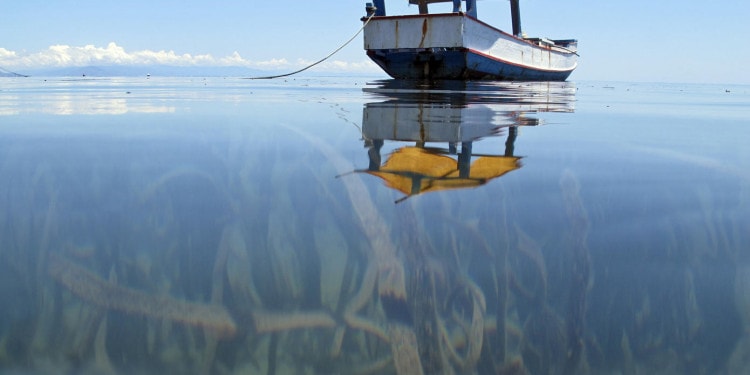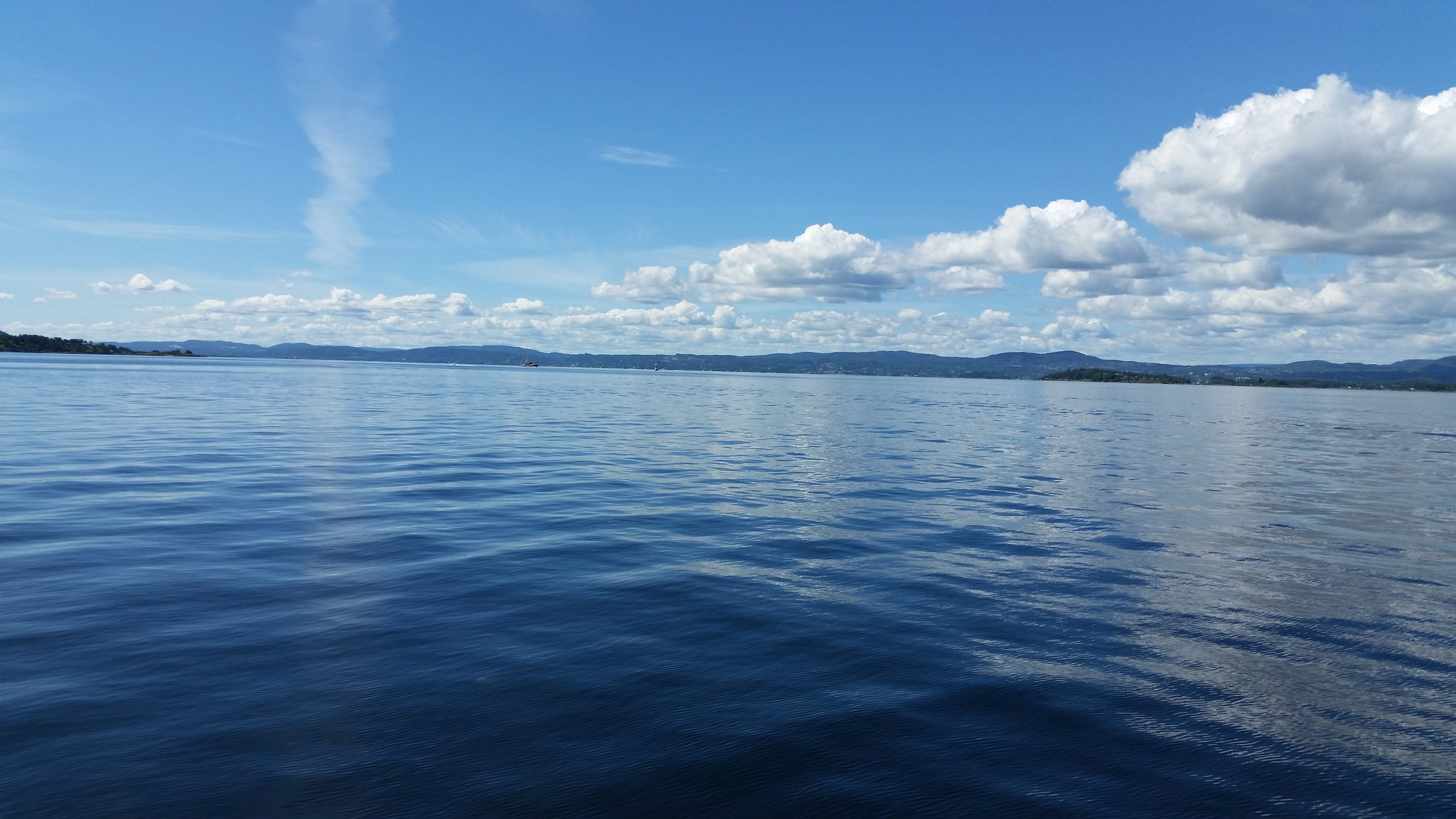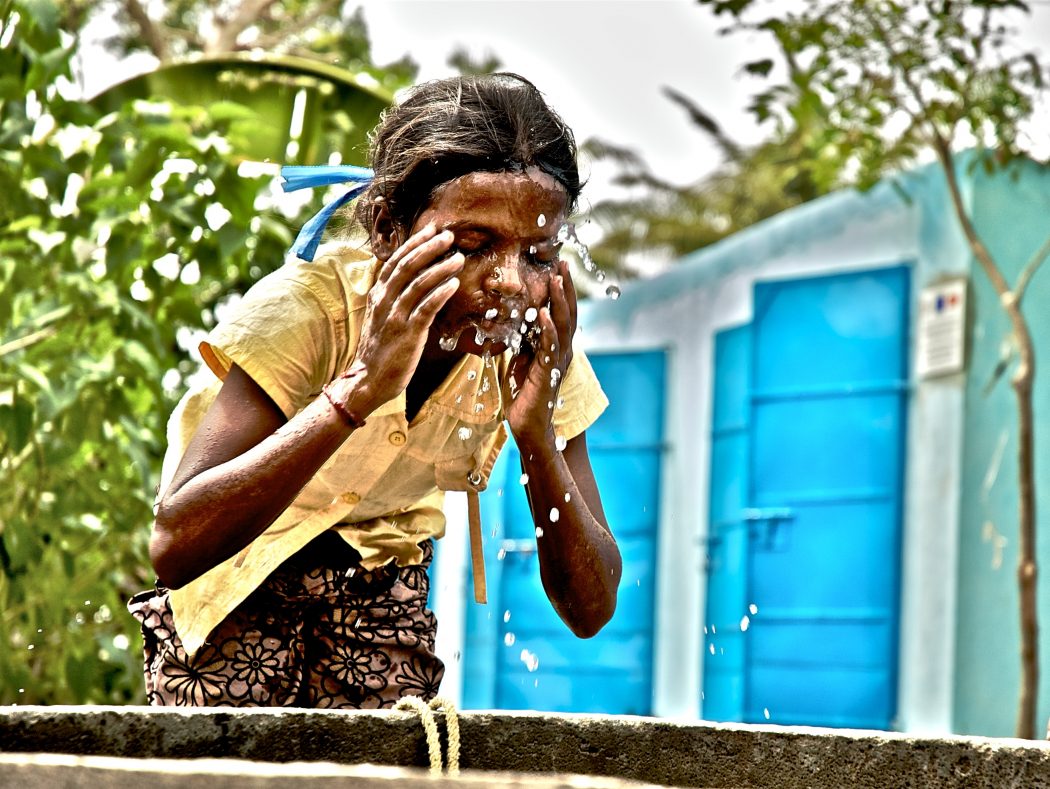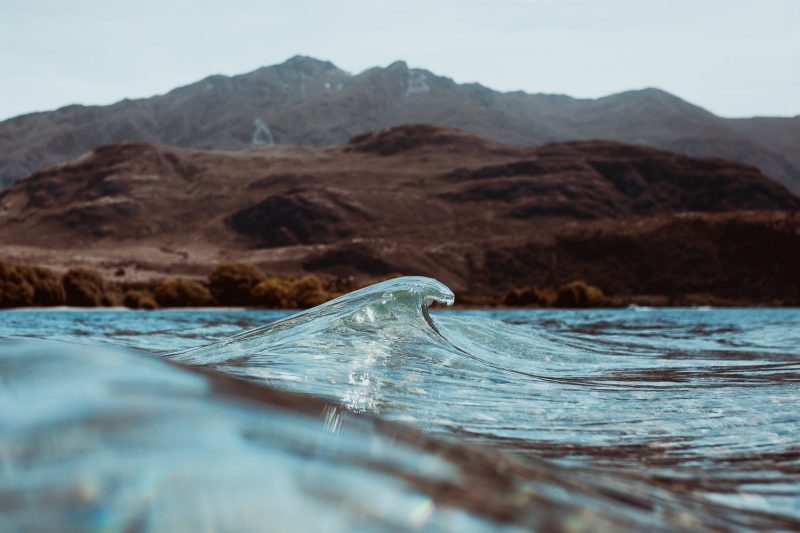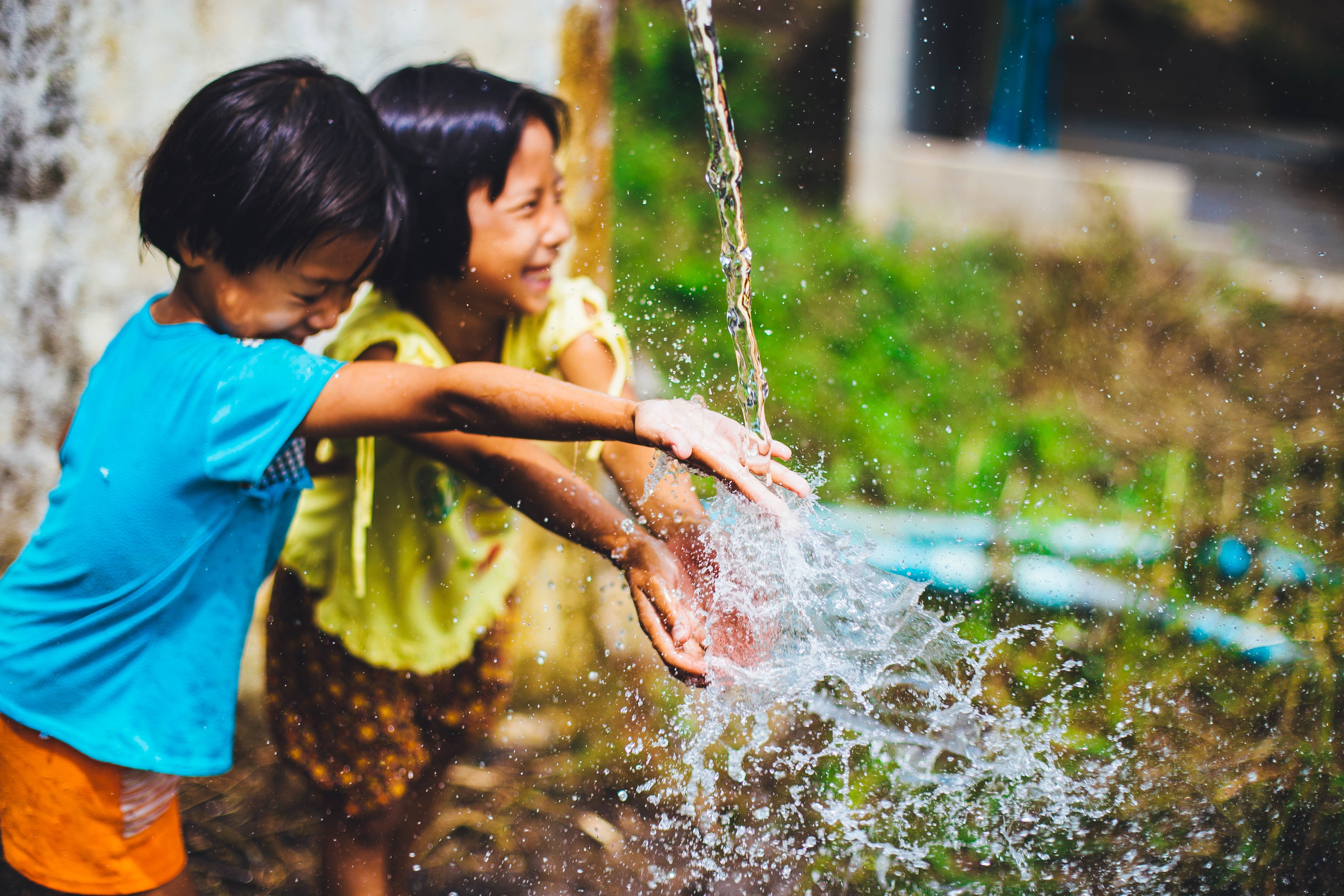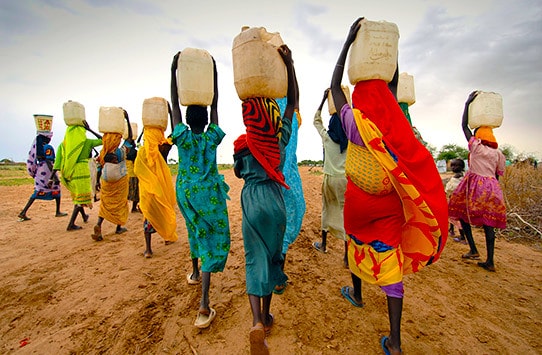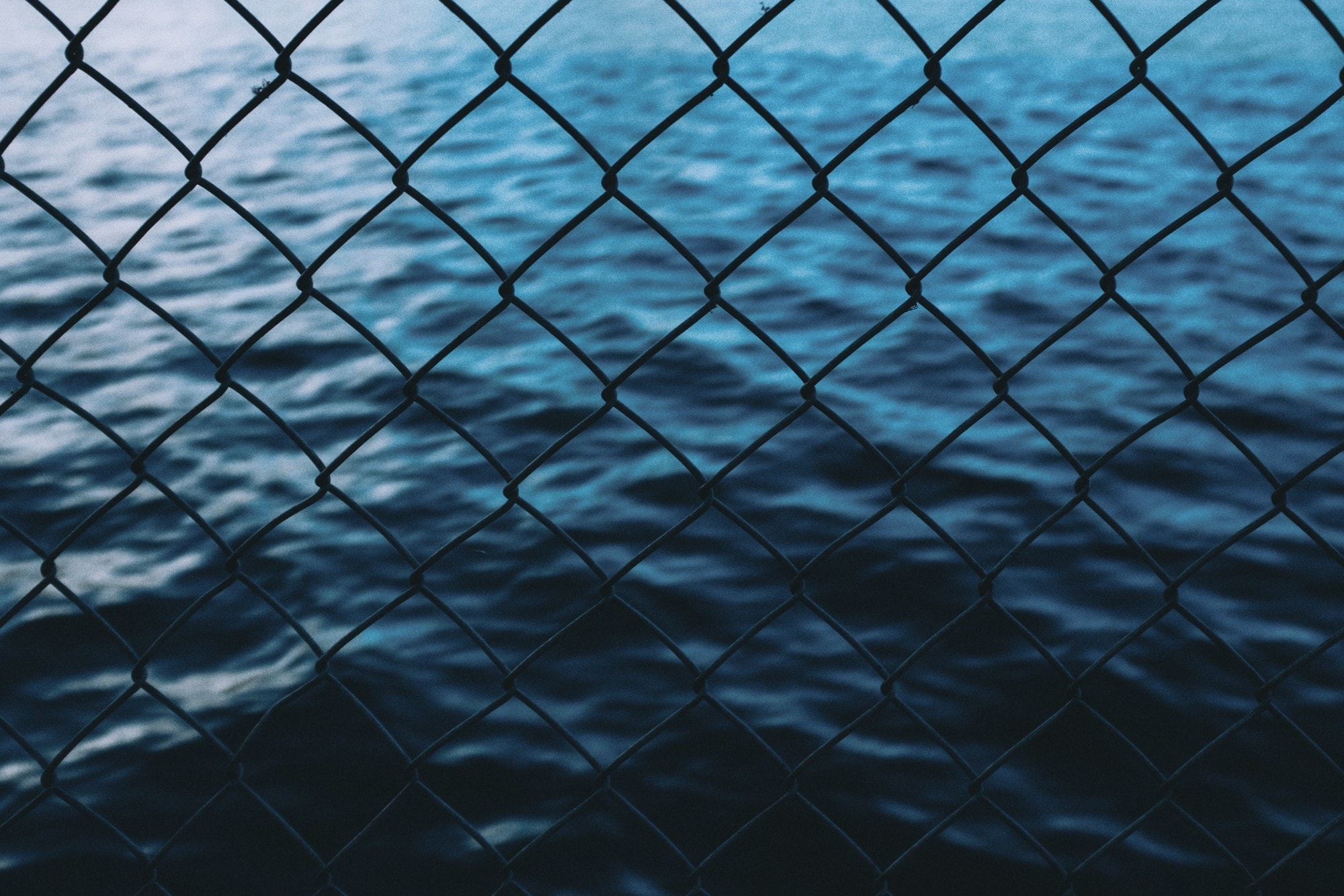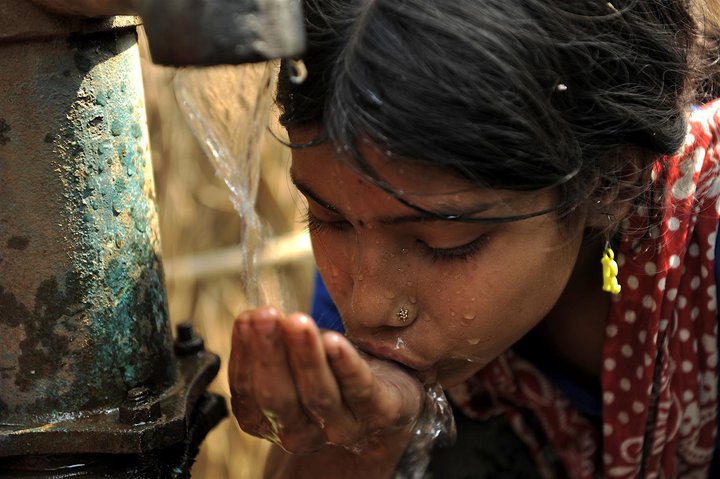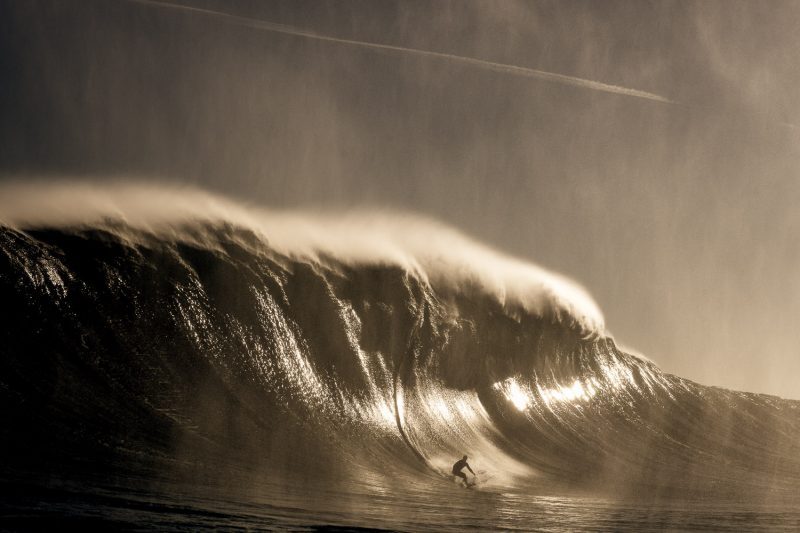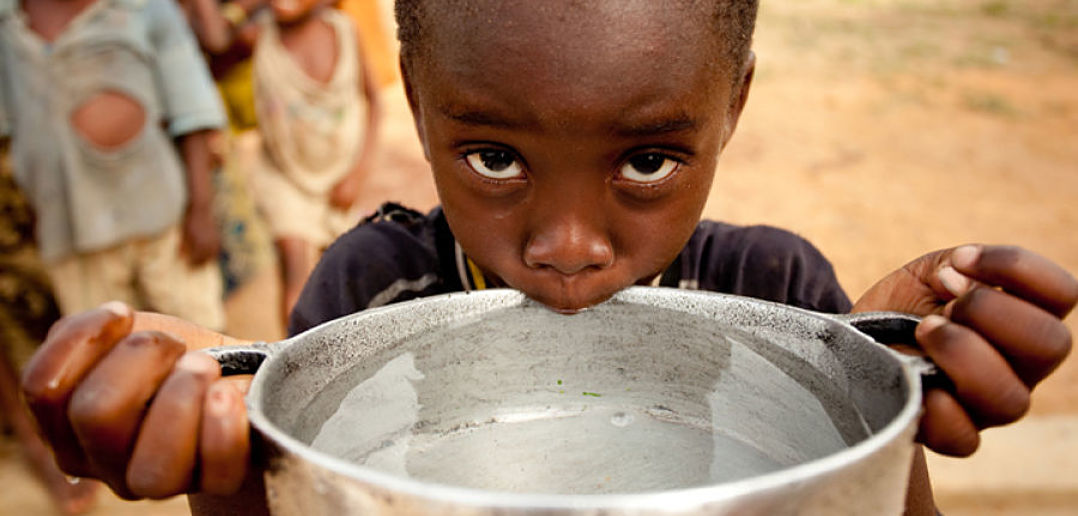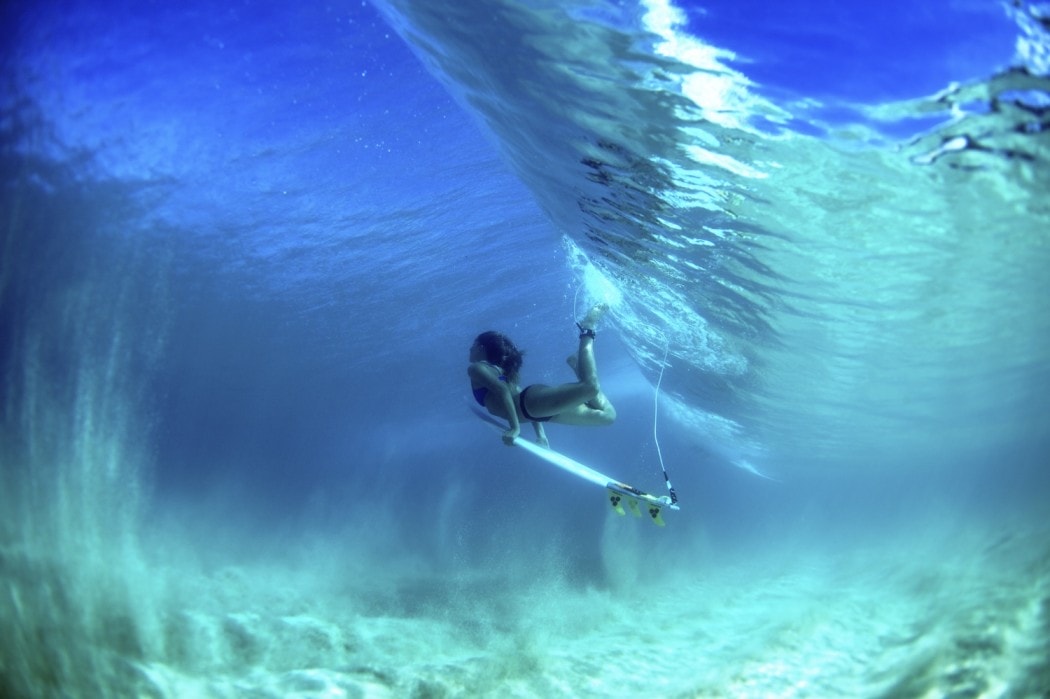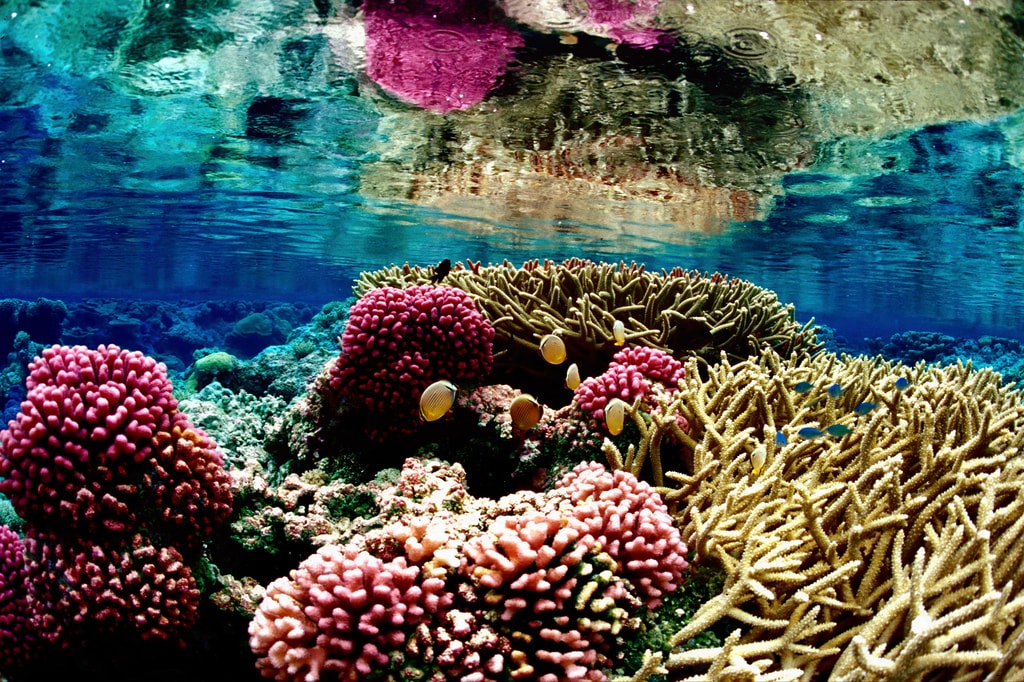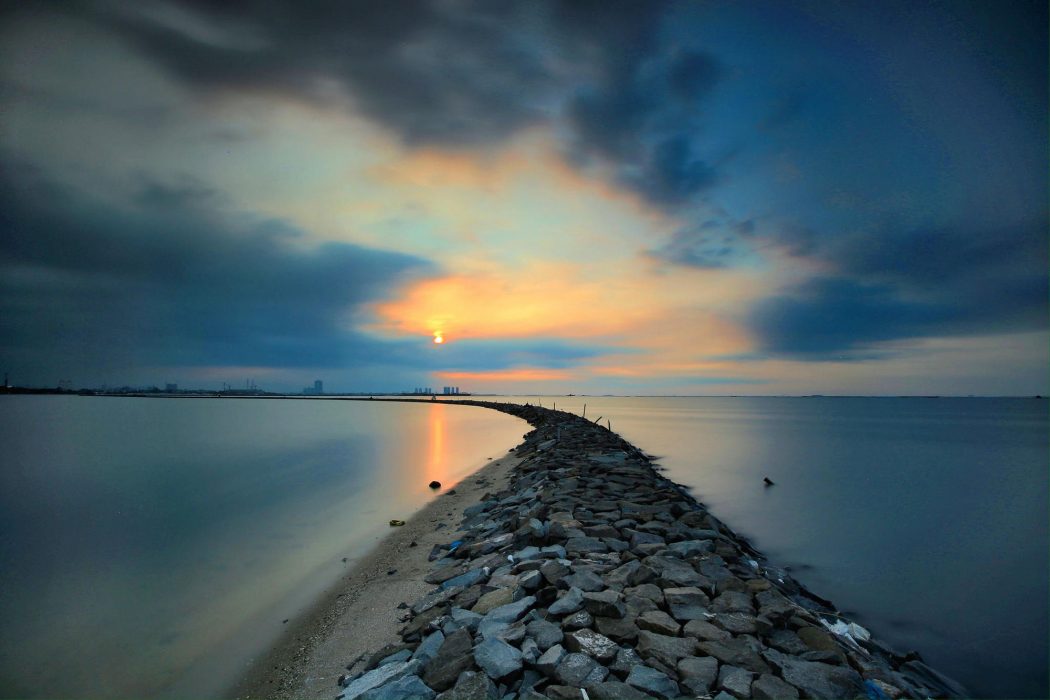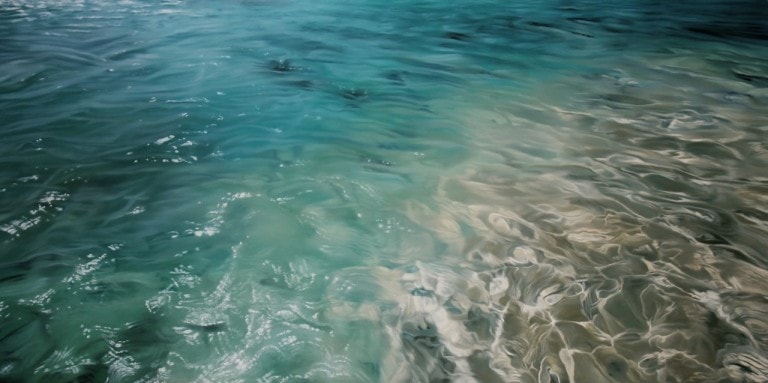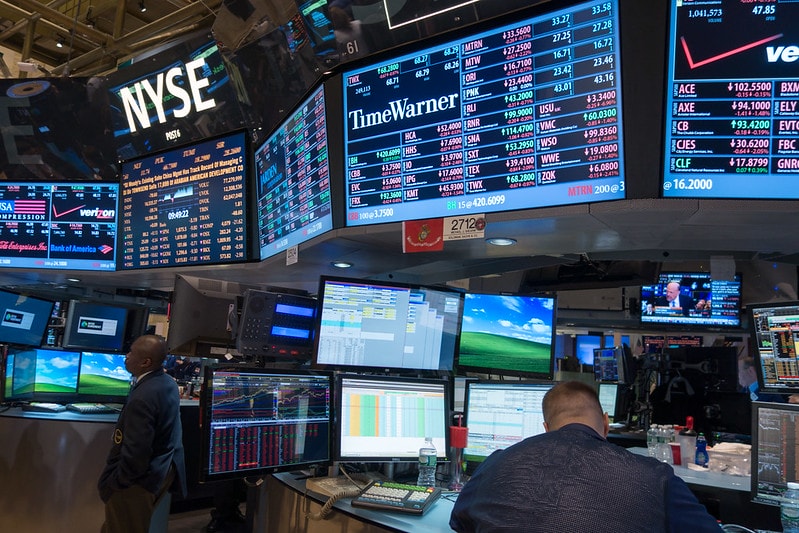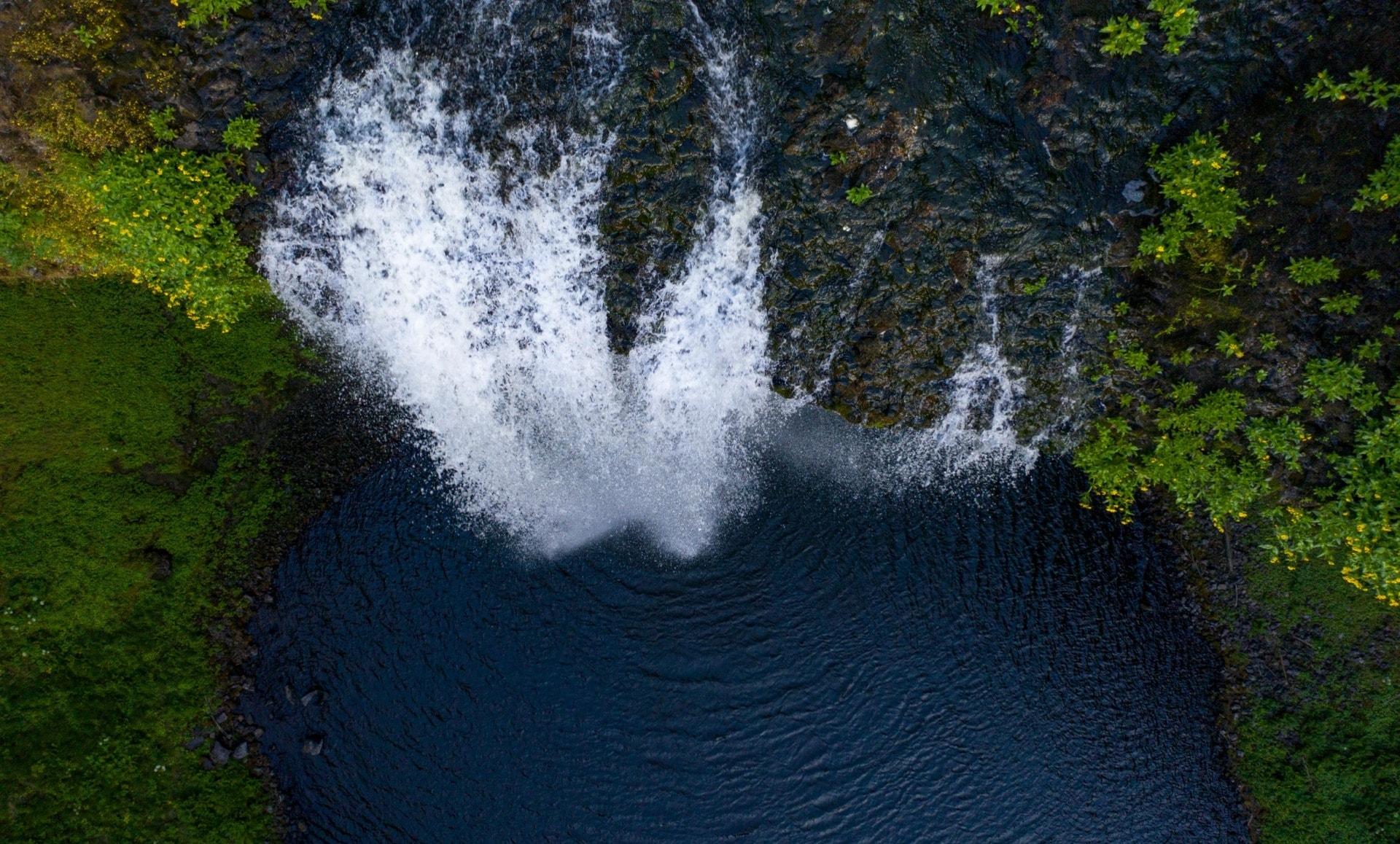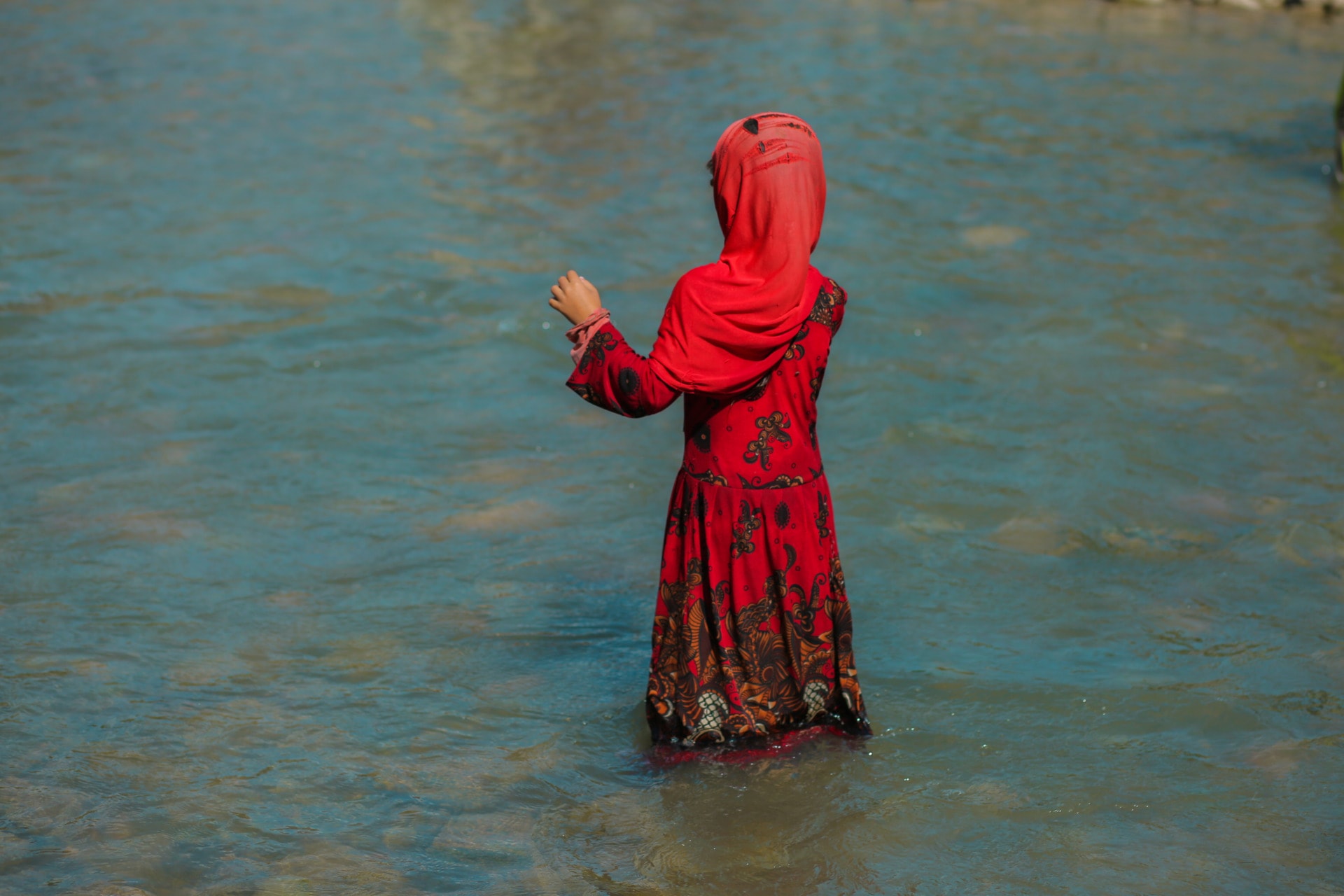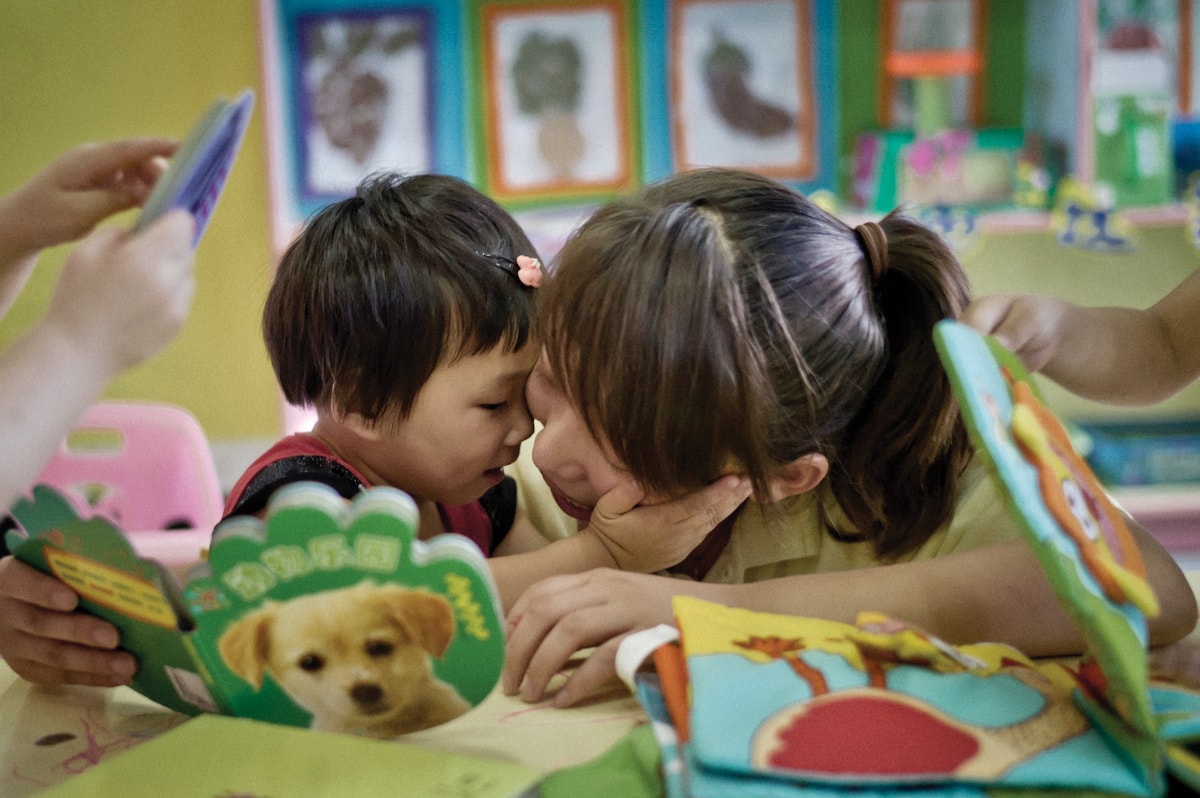Water is one of the world’s most precious resources and one that is often taken for granted. Even today, access to safe drinking water is not a guarantee for many people across the world and as climate change takes its toll predictions point to this situation becoming even more dire in the future unless we start to take action now.
The majority of people without access to water live in rural, isolated areas and spend hours collecting water. In many areas of water insecurity, pipes, taps, and wells do not exist, are not affordable, or are not currently designed to last. Safe, secure access to water ensures greater access to education for children, disease prevention, and economic security. The access to safe, clean water is a basic human right.
To celebrate World Water Day, the Impakter team created a list of some of the most enlightening facts about H20, in order to shed some light on the global situation.
Let’s get this started then:
Photo Credit: Flickr/juliatweedie
Planet Earth: Water is a precious resource— with about 70 percent of the Earth’s surface is covered by water only less than 1 percent is available for human use.
PHOTO CREDIT: EC/ECHO ARJUN CLAIRE
People: Worldwide one in nine people don’t have access to safe or clean drinking water, which equates to 783 million people.
Photo Credit: Mark Clinton
Access: 13 million people are without water access in developed countries, 32 million in Latin America and the Caribbean, 332 million in Africa, 155 million in South, West, and Central Asia, 131 million in Southeast, East Asia, and Oceania.
PHOTO CREDIT: Pexels
Women: In seven out of ten developing countries, women and girls are responsible for water collection. In fact, they make up to 72 percent of the people who are tasked with fetching water.
Photo Credit: Nala Rinaldo
Education: Reductions in time spent collecting water have been found to increase school attendance. In Africa alone, women spend 40 billion hours a year walking for water. Women are responsible for 72 percent of the water collected in Sub-Saharan Africa.
Photo Credit: Simon Cumbers Media Fund
Economics: Time spent gathering water around the world translates to $24 billion in lost economic benefits each year.
Photo Credit: David Grandmougin
Sanitation: 1 in 3 people lack access to a toilet: that’s roughly 2.4 billion people. Actually, more people have a mobile phone than a toilet.
Photo Credit: UNICEF
Health: Every 90 seconds a child dies from a water-related disease. Water, sanitation and hygiene-related disease kills nearly 1 million people each year.
Photo Credit: Mark Clinton
Money: Universal access to safe water and sanitation would result in $32 billion in economic benefits each year from reductions in health care costs and increased productivity from reduced illness.
Photo Credit: Water Aid
Food: 1 pound of beef requires 1,799 gallons of water.
Photo Credit: Morgan Massen
Oceans: Only 46 percent of all coral reefs are considered to be in good health, “while a fifth of all reefs have died and 60 percent are at risk to be destroyed. The biggest threat to the reefs is currently in South East Asia where 80 percent are in danger. Scientists are predicting that by 2050 all global coral ecosystems will be threatened.”
PHOTO CREDIT: FLICKR/USFWS – PACIFIC REGION
Our land: Globally, the agricultural sector consumes about 70 percent of the planet’s accessible freshwater – more than twice that of industry (23%), and dwarfing municipal use (8%).
Photo Credit: Nala Rinaldo
The BIG Number: Overall, the world is using 9,087 billion cubic meters of water per year. China, India and the U.S. consumed the highest annual totals: 1,207 billion, 1,182 billion and 1,053 billion cubic meters, respectively.
 Photo Credit: Nicole Eddy
Photo Credit: Nicole Eddy
Unsustainable: A small bag of peanut M&M’s requires 300 gallons of water to produce.
Photo Credit: Zaria Forman
Recommended reading: “WATER IN OUR WORLD: ARE WE SINKING OR SWIMMING”


